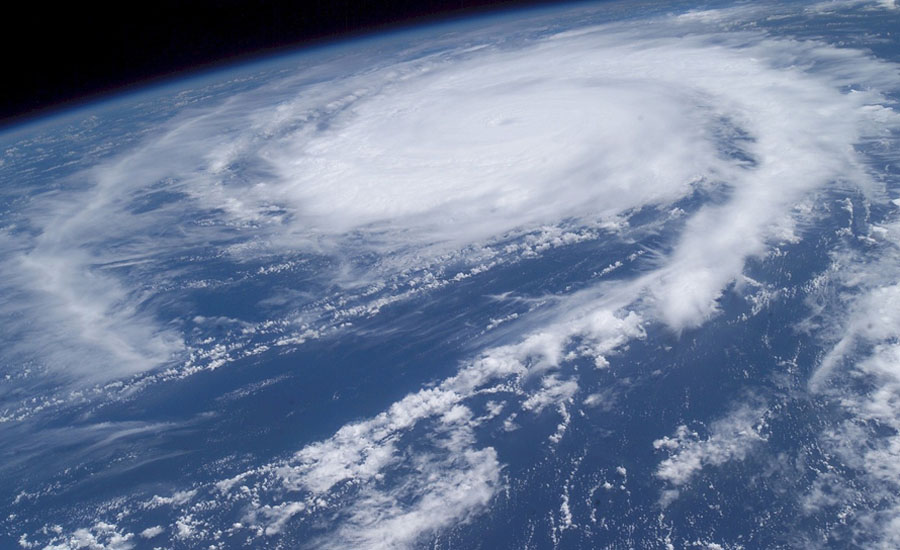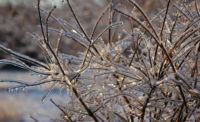With tropical Storm Harvey making its way toward the Texas coastline, the Electrical Safety Foundation International (ESFI) is offering up some hurricane safety tips.
Harvey will likely become a Category 1 Hurricane by the time it hits Texas early Saturday morning, bringing high winds, torrential rains, and significant flooding to the Texas shore over the weekend.
“During extreme weather, it’s essential to remain calm and remember the dangers that result whenever water comes into contact with electricity,” cautions ESFI President, Brett Brenner. “After the storm has ceased, do not return home until instructed by the appropriate local authorities and refrain from using electrical appliances until your home has been inspected by a qualified electrician.”
Submerged Electrical Appliances
Electrical equipment exposed to water can be extremely dangerous if reenergized without proper reconditioning or replacement.
- Do not use electrical appliances that have been wet until they have been examined by a qualified service repair dealer. Certain equipment will require replacement, while a trained professional may be able to recondition other devices.
- Electrical items, such as circuit breakers, fuses, ground fault circuit interrupters (GFCIs), receptacles, plugs, and switches, can malfunction when water and silt get inside. Discard them if they have been submerged.
- Ocean water and salt spray can be particularly damaging to electrical equipment due to the corrosive and conductive nature of the salt water residue.
- Damage to electrical equipment can also result from exposure to flood waters contaminated with chemicals, sewage, oil and other debris.
Always assume fallen power lines are energized.
- Contact your utility company immediately to report downed power lines.
- Stay at least 10 feet away from a downed power line and anything it may be touching, such as a fence, tree limb or water.
- Never touch a person or object that is in direct or indirect contact with a downed power line. Instead, call 911 immediately.
- Never attempt to move a downed power line – leave it to the professionals. Do not try to move a downed power line with another object. Even non-conductive materials like wood or cloth that are slightly wet can conduct electricity.
Portable generators can be a convenient source of temporary power during outages caused by storms, but they can also be dangerous if not used properly.
- Do not operate a portable generator in your home or in any other enclosed or even-partially enclosed area. Generators can very quickly produce high levels of carbon monoxide, which can be deadly.
- Make sure that there is at least one battery-operated or battery backup carbon monoxide alarm in your home. Test it before using your generator.
- Do not connect generators directly to the household wiring unless an appropriate transfer switch has been installed by a licensed, qualified electrician.
- Always turn the generator off and let it cool down before refueling.


